#patriots Dynasty
Explore tagged Tumblr posts
Text
0 notes
Text

#artists on tumblr#karma#one#to the rhythm#checkmate#iloveyou#loveonline#gif#leo decaprio#president#medhat elashkar#meduza#david gandy#blogs about pop culture#onlyyou#president donald trump#we the people#patriots dynasty#news today trump
0 notes
Text
In support of Hot General Summer (tm)
I realized that my recent poll not only lacked visual support but also left out a lot of my fave cdrama generals. So, in support of my Hot General Summer agenda:
Xiao Qi, Rebel Princess

Wei Wu Ji, Sound of the Desert
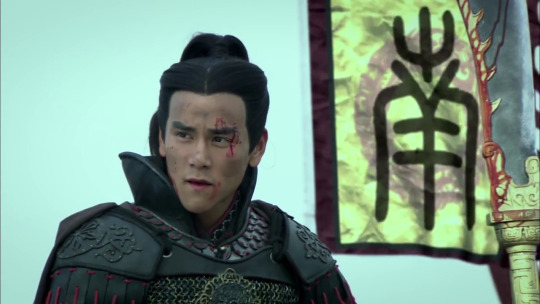
Ling Buyi, Love Like the Galaxy

Zhousheng Chen, One and Only

Zhao Yun, God of War Zhao Yun
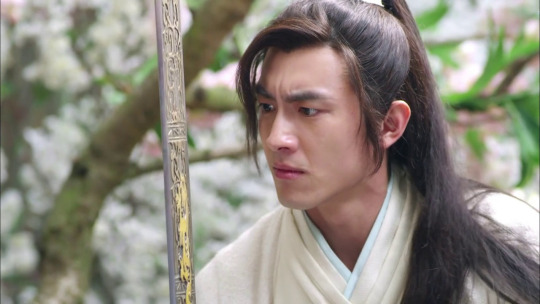
Sima Yi, Secret of Three Kingdoms
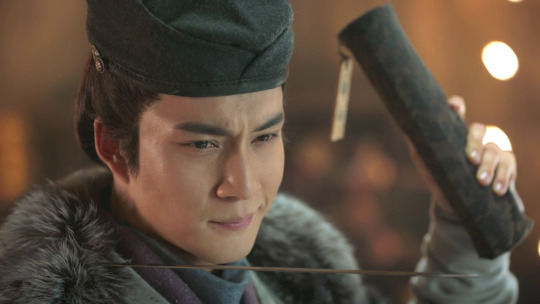
Han De Rang, The Legend of Xiao Chuo

Zhan Beiye, Legend of Fuyao
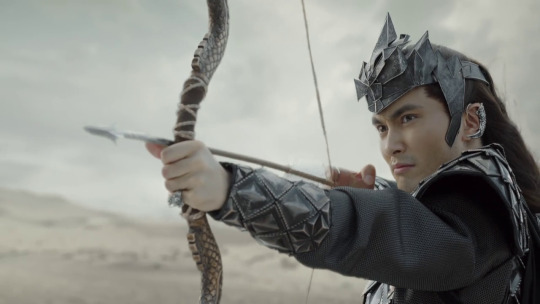
Gao Chang Gong, Lan Ling Wang

Xiang Yu, Story of Han Dynasty

Cao Pi, The Advisors’ Alliance

Meng Tiang Fang, Ancient Terracotta War Situation
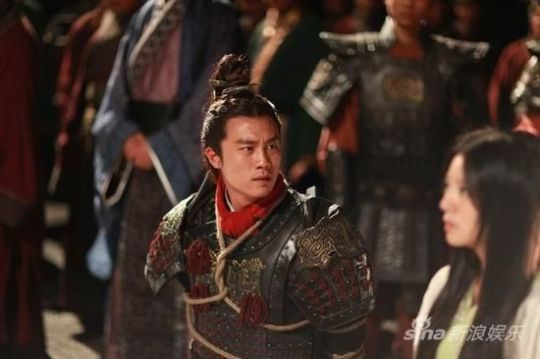
Chu Bei Jie, General and I
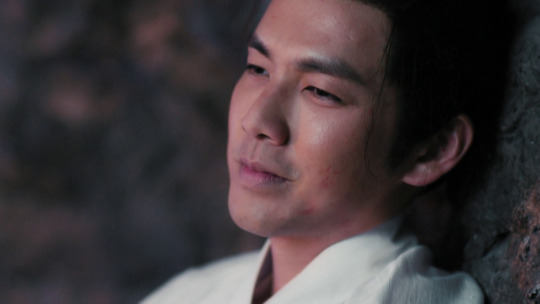
Zhu Zan, Jin Jiu Ling

Wolfie, The Wolf
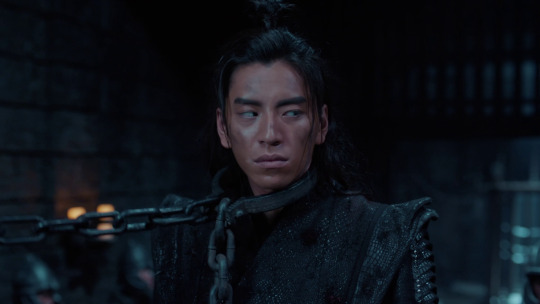
Xiang Yu, Legend of Chu and Han

Cheng Yi, The Promise of Chang’an

Liu Xiu, Singing All Along
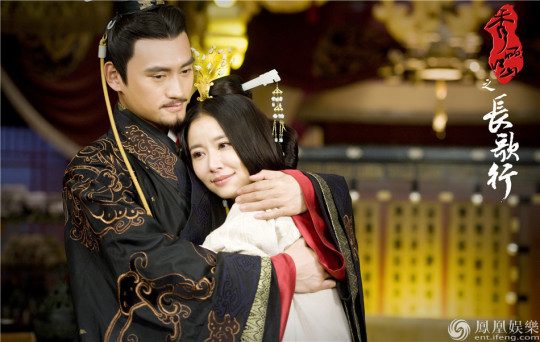
Huo Xin, Painted Skin the Resurrection
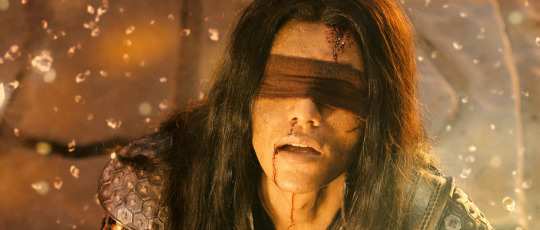
Meng Qi You, Glamorous Imperial Concubine

Yang Bros, The Young Warriors

Weng Gui, Princess Jieyou

Xiao Ping Zhang, Nirvana in Fire 2
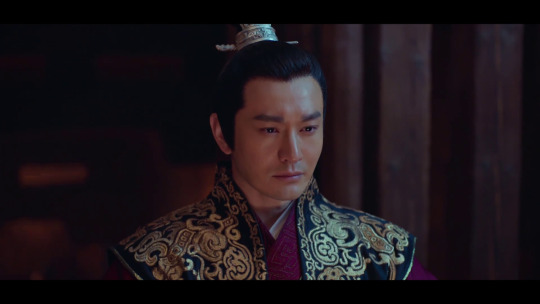
Pei Zhao, Maiden Holmes
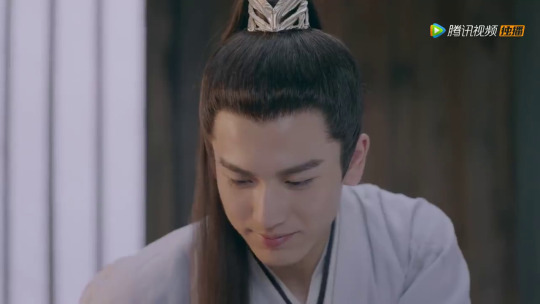
Ji Ye, Novoland Eagle Flag
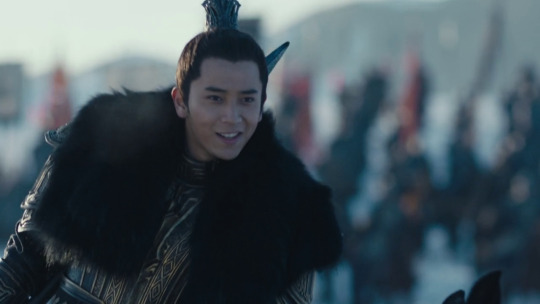
Zhu Qi Zhen, Imperial Doctress (it’s a reach he’s an emperor. But he leads his force in battle and I wanted Wallace Huo there so...)

Yuan Ling, Lost Love in Times

Yi Xiao Chuan, The Myth

Gu Tingye, The Story of Ming Lan
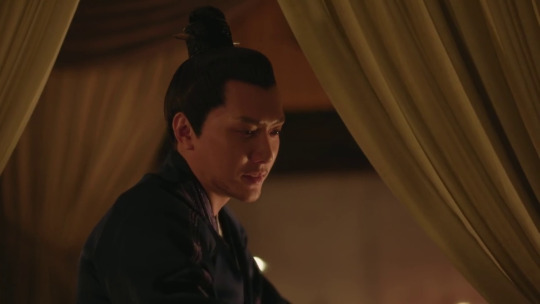
Lu Bu, Three Kingdoms 2010
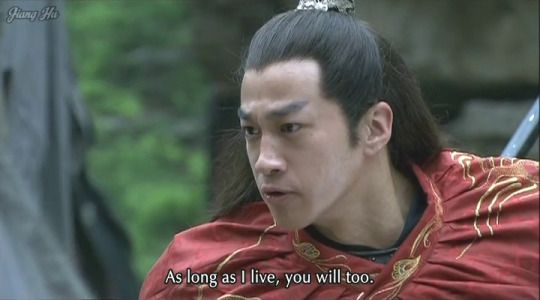
Xu Lingyi, The Sword and the Brocade
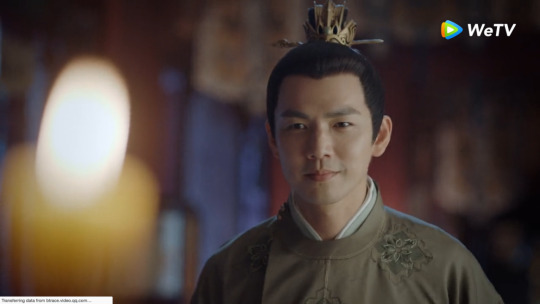
Yue Fei, Patriot Yue Fei
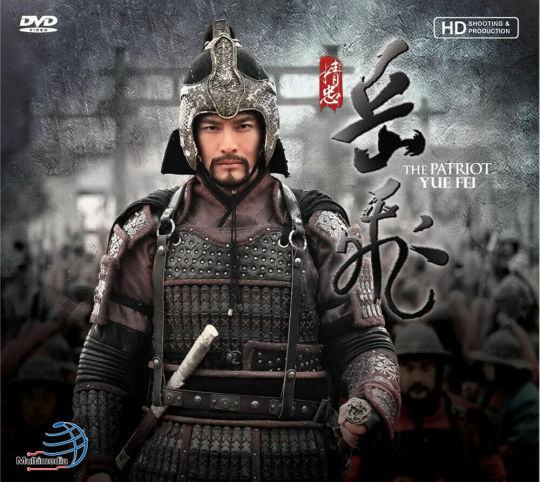
Xiang Yu, The Myth

Ping Zhang, Nirvana in Fire 2
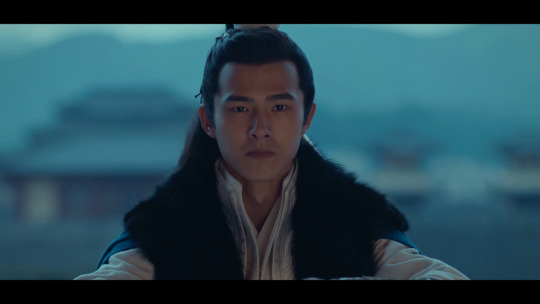
Guo Jing, Legend of Condor Heroes 2008

Xiang Yu, The Legend of Qin
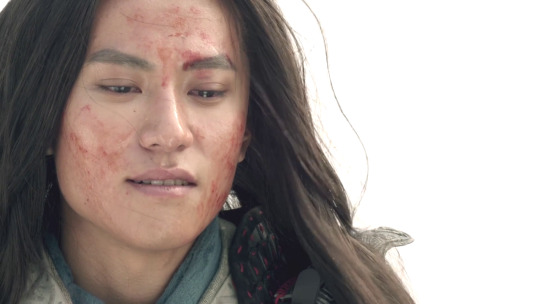
#cdrama#the myth#the legend of qin#nirvana in fire 2#three kingdoms 2010#the story of ming lan#the sword and the brocade#singing all along#patriot yue fei#princess jieyou#general and i#legend of condor heroes#the story of han dynasty#the legend of xiao chuo#novoland eagle flag#ancient terracotta war situation#fight and love with a terracotta warrior#one and only#lan ling wang#legend of chu and han#the wolf#the promise of chang'an#god of war zhao yun#painted skin resurrection#lost love in times#the imperial doctress#glamorous imperial concubine#rebel princess#monarch industry#maiden holmes
167 notes
·
View notes
Text

me:

#we were eating GOOD y'all#so. fucking. good.#there won't ever be another dynasty like this#tom brady#james white#julian edelman#rob gronkowski#devin mccourty#dont'a hightower#new england patriots#patriots
65 notes
·
View notes
Text
instagram
#so fucking excited for this#new england patriots#dynasty#fuck roger goodell#Instagram#the other football
2 notes
·
View notes
Text

#sorry i just really don't want another dynasty#makes the sport boring af#look at the patriots with brady and belichick#mine#super bowl
6 notes
·
View notes
Text
Not to be a Brad and/or Chad on the tumblr, but the Patriots were the last team to win back to back Super Bowls and I was holding onto that with a death grip because we have been stinky the last few years. Now I’m sad cause the poopy chiefs won again. Boo. I MISS WHEN WE WERE A TEAM!!!
#patriots#new england#new england patriots#Tom Brady i miss you#i took the patriots dynasty for granted i miss her
1 note
·
View note
Text
La historia jamás contada detrás del equipo que amas o que amas odiar… “New England Patriots: La Dinastía”

Un viaje de veinte años en la historia de esta franquicia, desde la conexión personal que les permitió ganar seis Super Bowls, hasta la pugna interna que acabó en toda una guerra sobre el terreno de juego.
Tom Brady, Bill Belichick, Robert Kraft y jugadores destacados nos muestran el camino y el alto costo de la grandeza.
Estreno: 16 de febrero de 2024 en Apple TV+.
youtube
Basada en el libro homónimo de Jeff Benedict, la docuserie está dirigida por Matthew Hamachek y producida por Imagine Documentaries.

0 notes
Link
pWelcome to Episode 271 of the @DynastyTradesHQ Podcast! 'Free Agent Frenzy!'/pp[/ppFree Agency began this week and the guys discuss their favorite signings and the impact they will have on their new teams and on your dynasty teams! Come hang out and have some fun with Shane Manila a href='https://twitter.com/ShaneIsTheWorst'@ShaneIsTheWorst/a, Michael Cipes a href='https://twitter.com/FFBlitz'@FFBlitz/a, and Jeremy Browand a href='https://twitter.com/DynastyMadman'@DynastyMadman/a It will be a blast!/pp /pp@DynastyTradesHQ Patreon is now called The HQCrew! Do you want the HQ guys to consult with you about your Dynasty team? Do you want a podcast t-shirt or hat? Would you like to get on the show with us? Do you want to listen to the new HQ After Dark podcast? Become a part of The HQCrew today!/pp /ppFind us on a href='https://itunes.apple.com/us/podcast/dynastytradeshq-podcast/id1327121536?mt=2'iTunes/a, a href='https://play.google.com/music/m/Isrxf23zmidcjc5f2lx25ue34n4?t=DynastyTradesHQ_Podcast'Google Play Music/a, a href='https://www.stitcher.com/podcast/dynastytradeshq'Stitcher/a, and a href='https://dynastytradeshqpod.podbean.com/'PodBean/a. Please make sure you rate and review! You can find us on Twitter a href='https://twitter.com/DynastyTradesHQ'@DynastyTradesHQ./a/ppThe DynastyTradesHQ podcas...
#fantasy#fantasy sports#sports#nfl#fantasy football#dynasty football#nfl free agency#miles sanders#dj moore#aaron rodgers#green bay packers#new york jets#carolina panthers#chicago bears#juju smith schuster#new england patriots#las vegas raiders
1 note
·
View note
Text
wuxia and confucianism
Hey. Thought I'd answer the wuxia-confucian question very briefly. I did suggest wuxia being closely knitted to confucianism, but I do understand the other perspective of wuxia being anti-confucian. Quick answer only because I've got little time right now -- might add on to it later!!

confucianism
First the central themes of confucianism:
常 (cháng): Virtues of compassion and courtesy. 仁 (rén)、义 (yì)、礼 (lǐ)、智 (zhì)、信 (xìn)、忠 (zhōng)、孝 (xiào)、悌 (tì) (there are more). These in order in crude translation mean compassion, righteousness, courtesy, wisdom, integrity, loyalty, filial piety, and respect to one's older siblings. These are the main ideas Confucius, the founder of Confucianism, wished to spread through his philosophy.
纲 (gāng): Order. This is about the relationships between people, the filial piety of child to their parents, the relationship between significant others, between friends and teachers, and expanding outwards in the sphere of influence in our circle of life, the patriotism and loyalty of a liege to his lord.
Understand that Confucius came up with these ideas in a time of war. He lived his life traversing different kingdoms and establishing his prominence by getting emperors to trust him as a consultant and employ his school of ideas. As such, these beliefs are very much centred around creating harmony and order in society, and of course entails the respect of commoners and lieges to their lords (because why else would kings employ his beliefs over other schools of philosophy if not so?).
wuxia
Moving on to the wuxia genre, the 侠 (xiá) in wuxia emphasises righteousness. xia, as people, are itinerants and rebels in the fictitious pugilistic society who tire of the power of the aristocracy and seek to use their own, often unlawful ways, to help others through 锄强扶弱 (chú qiáng fú ruò) -- helping the needy and going against the strong (the morals are debatable but that's me trying to sum up wuxia in 5 minutes off the top of my head rip).

conclusions
So I guess that's enough information for you to form your own conclusions, and here's what I think, at the very least.
Against Confucianism -- Subverting the power pyramid. Many of the heroes/xia's in wuxia are lawless rebels. They aren't good, upstanding citizens of the society. Hell, xia was first popularised from 游侠列传 (yóu xiá liè zhuàn) in the Han dynasty records, talking about how a "xia" went against the officials and helped the commoners in the name of righteousness. This goes against the confucian beliefs of respecting your lord and serving the kingdom.* That's why I can understand why some would consider wuxia going against confucianism.
Align with Confucianism -- Righteousness. Ultimately, however, wuxia is about righteousness and nobility and honour, defined by society and commoners and not by royal blood. These values of etiquette, decorum, and nobility were long ingrained in the hearts of all these chinese characters, from when the courtesy and etiquette rules were defined in the Zhou dynasty, and afterwards, from the Han dynasty on, when emperors heavily employed Confucian beliefs in education and throughout society because it helps in rebuilding a harmonious society.
Confucianism is about compassion and righteousness, the staples permeating and defining chinese culture in the last two thousand years, and it is these values that serve as the central impetus of the xia and wuxia genres. People are born into these values; as such they fight against the injustice they see, and thus engenders the lost xia's of every dynasty.

*And well, even Confucius wasn't that dead set on fealty to lords. Confucian highly venerated loyalty, but when the court is corrupt, they acknowledge insurgence over the mindless following of an emperor. This is a story for another day, one I would have to back up with more quotes and citations, but I hope this answered your questions, or even better, let you form some conclusions of your own :)
Confucian philosophy is only one aspect that has correlations/influences over the "xia" genre, there are many other interesting things to say about Taoism and Buddhism as well (e.g. Jin Yong's wuxia classics have quite a bit of Buddhist values in the characters owing to author preferences), it's definitely worth looking up on these things if you're interested!
initially reblogged under the original meta post on wuxia, xianxia, and cultivation differences, but i realised it was too long and would bury the reply, so please don't mind me opening a new post for this again.
feel free to ask and discuss!!
#chinese#cdrama#danmei#philosophy#chinese language#chinese culture#wuxia#cnovel#chinese history#confucius#confucianism#chinese philosophy#fate's meta
422 notes
·
View notes
Text
[Hanfu · 漢服]Chinese Warring States period(475–221 BC) Traditional Clothing Hanfu-Life of Qu Yuan(屈原)
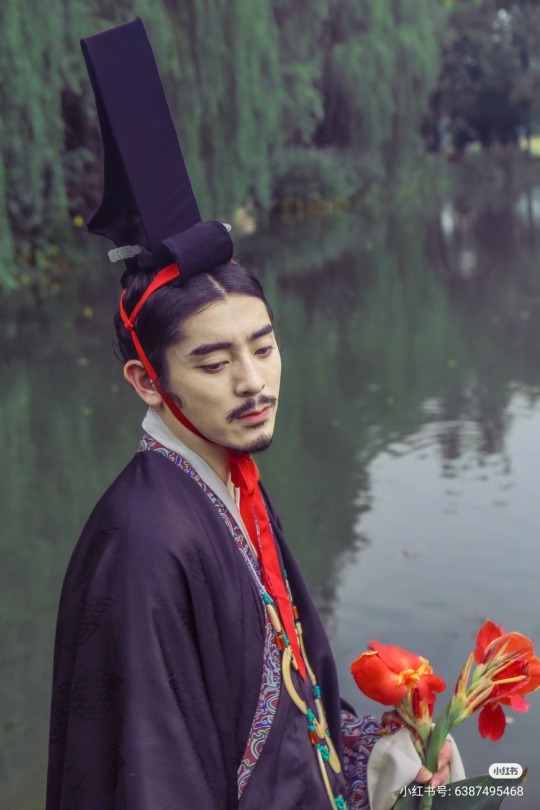
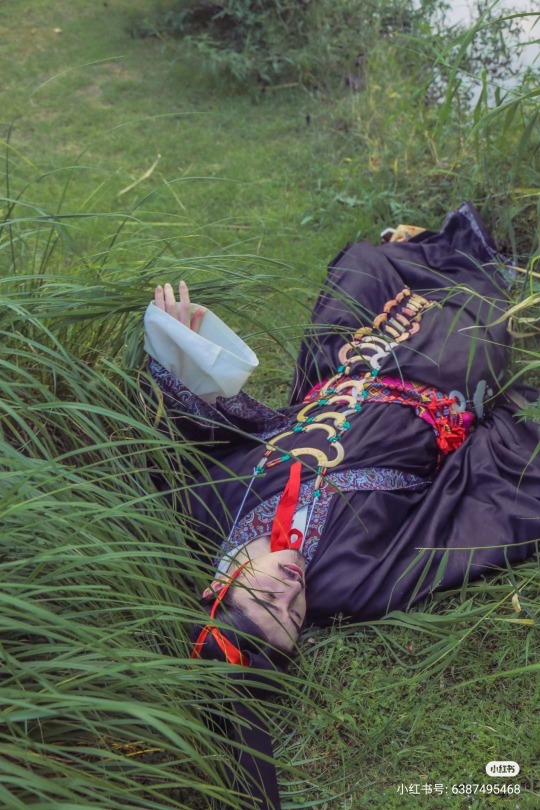
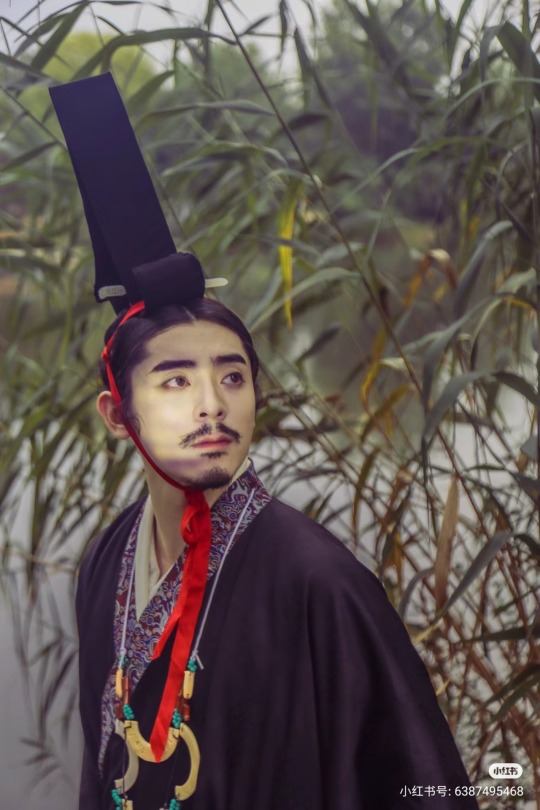
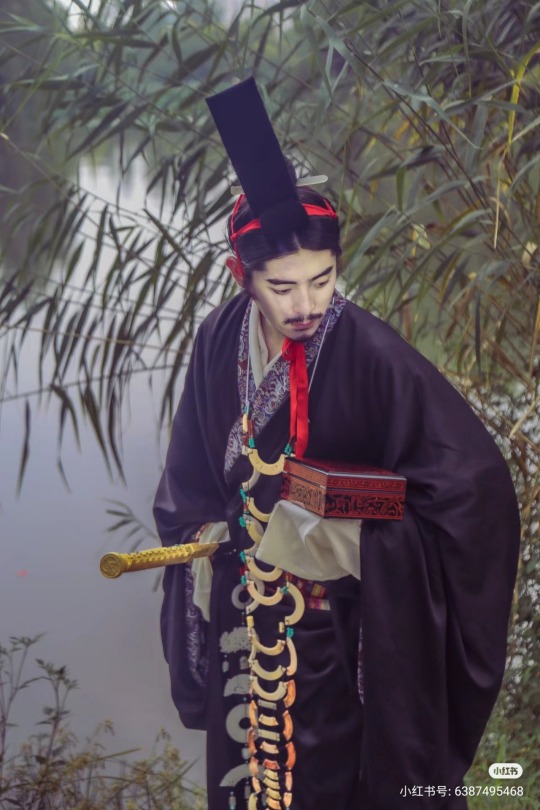
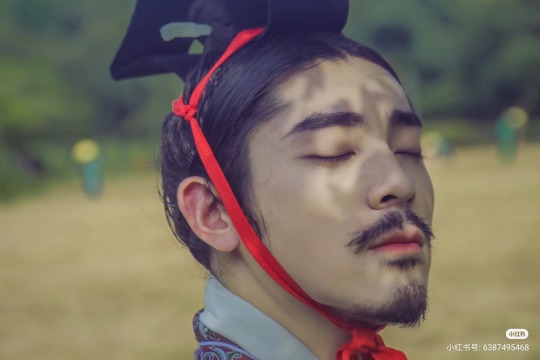
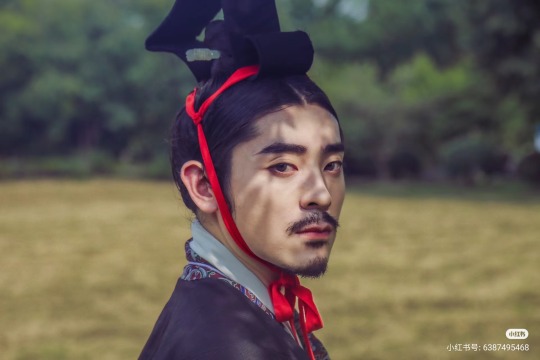
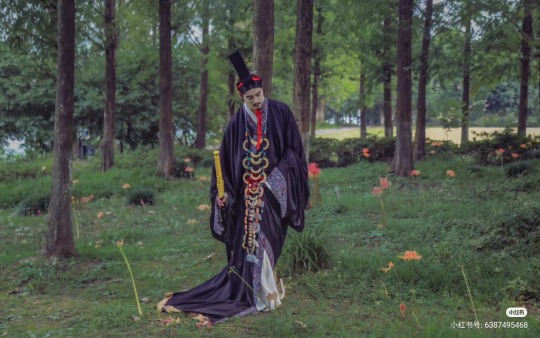
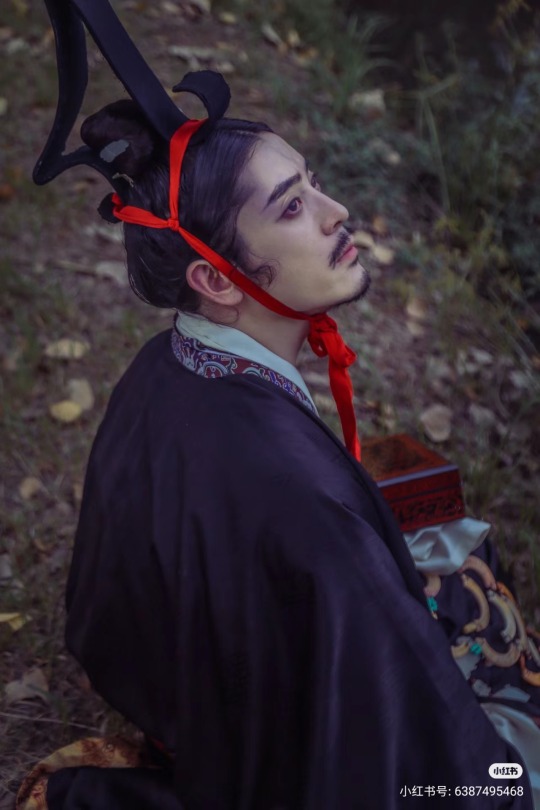
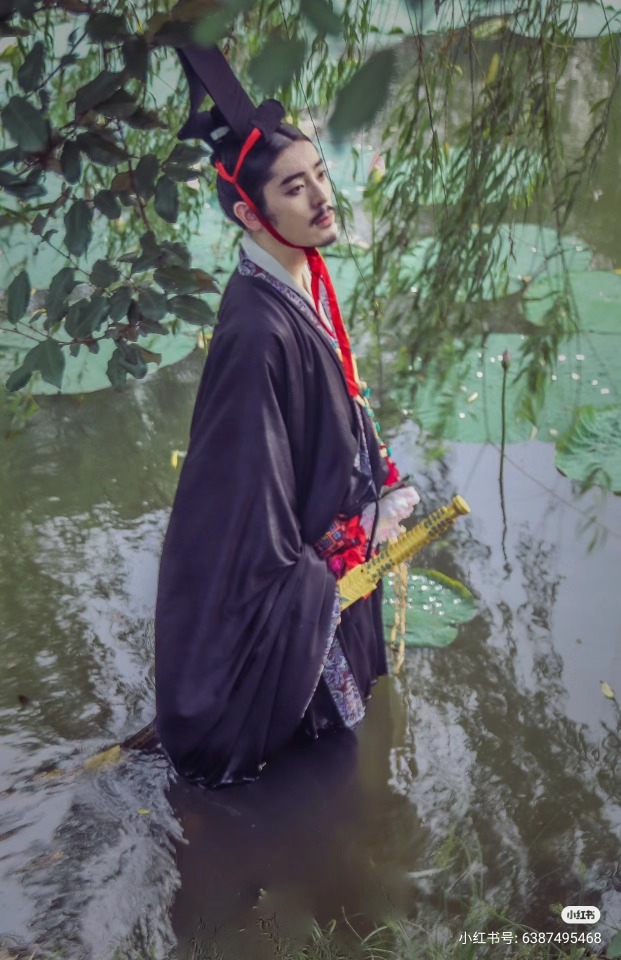
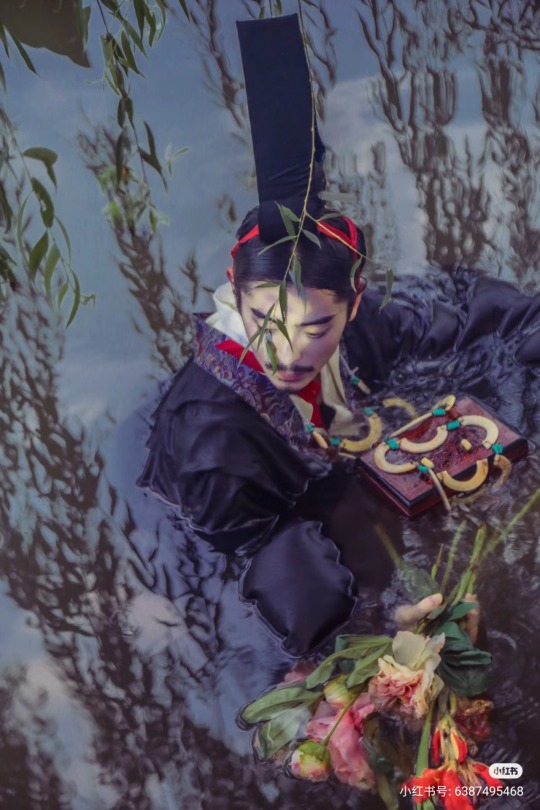
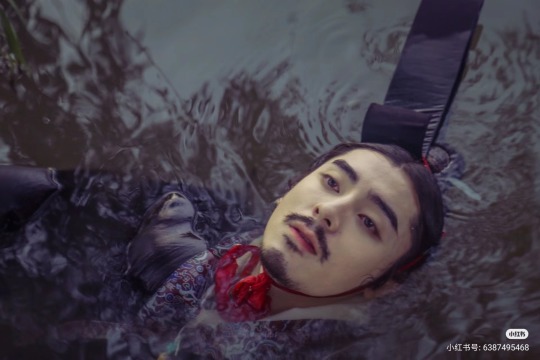
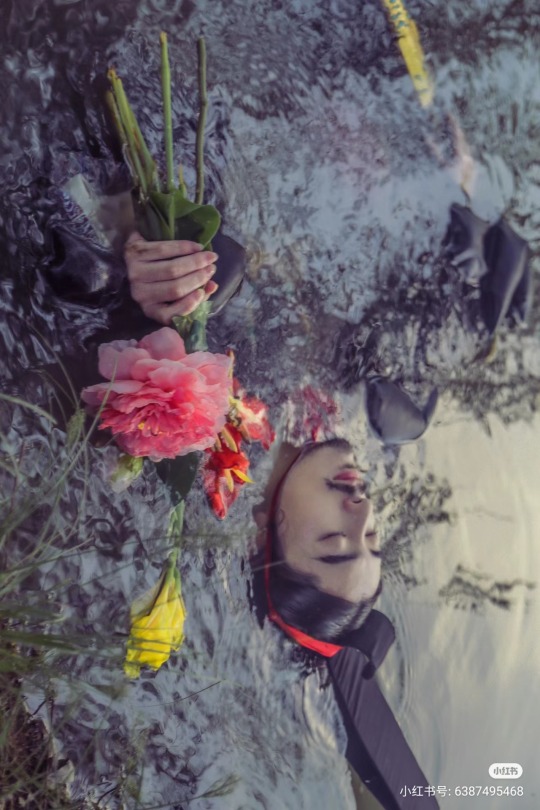
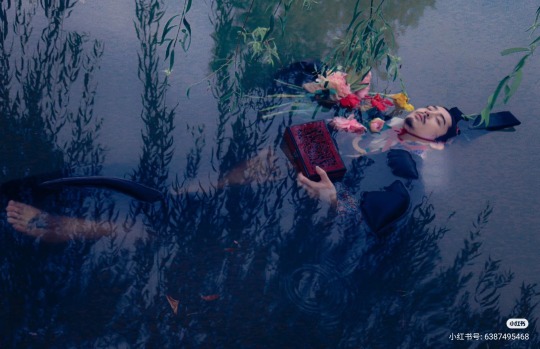
【Historical Artifact Reference】:
China Warring States period (475-221 BC):Silk painting depicting a man riding a dragon (人物御龍帛畫)
it was discovered in the Zidanku Tomb no. 1 in Changsha, Hunan Province in 1973. Now in the Hunan Museum
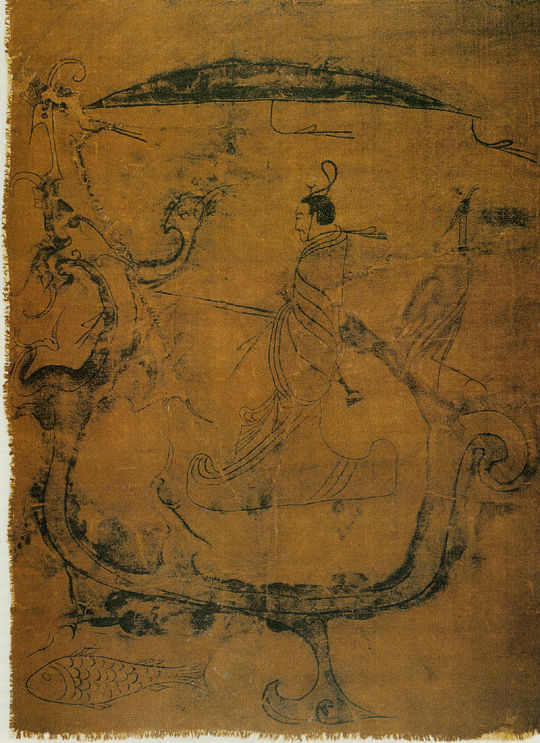
A man with a sword is riding a dragon by holding the rein. The dragon's body was given the shape of a boat. A little egret is standing at the tail of the dragon. A carp under the dragon is leading the way. The umbrella in the top middle of the picture shows the owner's nobility. The work has become associated with the Chu poet Qu Yuan’s famous verse from his poem Shejiang (涉江, Setting foot in the river), ‘Carrying a long sword with weird colour; Wearing a qieyun–styled high cap.” (帶長鋏之陸離兮, 冠切雲之崔嵬)
Western Zhou Dynasty seven-huang jade pendant with linked beads/西周七璜联珠组玉佩

About Qu Yuan(屈原)
Qu Yuan (c. 340 BC – 278 BC)was a Chinese poet and aristocrat in the State of Chu during the Warring States period. He is known for his patriotism and contributions to classical poetry and verses, especially through the poems of the Chu Ci anthology (also known as The Songs of the South or Songs of Chu): a volume of poems attributed to or considered to be inspired by his verse writing. Together with the Shi Jing, the Chu Ci is one of the two greatest collections of ancient Chinese verse. He is also remembered in connection to the supposed origin of the Dragon Boat Festival.
Historical details about Qu Yuan's life are few, and his authorship of many Chu Ci poems has been questioned at length.[4] However, he is widely accepted to have written "The Lament," a Chu Ci poem. The first known reference to Qu Yuan appears in a poem written in 174 BC by Jia Yi, an official from Luoyang who was slandered by jealous officials and banished to Changsha by Emperor Wen of Han. While traveling, he wrote a poem describing the similar fate of a previous "Qu Yuan."Eighty years later, the first known biography of Qu Yuan's life appeared in Han dynasty historian Sima Qian's Records of the Grand Historian, though it contains a number of contradictory details.
Life of Qu Yuan(屈原)
The only surviving source of information on Qu Yuan's life is Sima Qian's biography of him in Records of the Grand Historian (Shiji), although the biography is circumstantial and probably influenced greatly by Sima's own identification with Qu.Sima wrote that Qu was a member of the Chu royal clan and served as an official under King Huai of Chu (reigned 328–299 BC).
During the early days of King Huai's reign, Qu Yuan was serving the State of Chu as its Left Minister. However, King Huai exiled Qu Yuan to the region north of the Han River, because corrupt ministers slandered him and influenced the king.Eventually, Qu Yuan was reinstated and sent on a diplomatic mission to the State of Qi. He tried to resume relations between Chu and Qi, which King Huai had broken under the false pretense of King Hui of Qin to cede territory near Shangyu.
During King Qingxiang's reign, Prime Minister Zilan slandered Qu Yuan.[9] This caused Qu Yuan's exile to the regions south of the Yangtze River. It is said that Qu Yuan returned first to his home town. In his exile, he spent much of this time collecting legends and rearranging folk odes while traveling the countryside. Furthermore, he wrote some of the greatest poetry in Chinese literature and expressed deep concerns about his state. According to legend, his anxiety brought him to an increasingly troubled state of health. During his depression, he would often take walks near a certain well to look upon his thin and gaunt reflection in the water. This well became known as the "Face Reflection Well." On a hillside in Xiangluping (at present-day Zigui County, Hubei Province), there is a well that is considered to be the original well from the time of Qu Yuan.
In 278 BC, learning of the capture of his country's capital, Ying, by General Bai Qi of the state of Qin, Qu Yuan is said to have collected folktales and written the lengthy poem of lamentation called "Lament for Ying". Eventually, he committed suicide by wading into the Miluo River in today's Hunan Province while holding a rock. The reason why he took his life remained controversial and was argued by Chinese scholars for centuries. Typical explanations including martyrdom for his deeply beloved but falling motherland, which was suggested by the philosopher Zhu Xi of the Song dynasty, or feeling extreme despair to the situation of the politics in Chu while his lifelong political dream would never be realized. But according to "Yu Fu," widely considered to be written by Qu himself or at least, a person who was very familiar with Qu, his suicide was an ultimate way to protect his innocence and life principles.[citation needed]
Qu Yuan is said to have expressed his love for the ruling monarch, King Huai of Chu, through several of this works, including "The Lament" and "Longing for Beauty".
Dragon Boat Festival/端午节
Popular legend has it that villagers carried their dumplings and boats to the middle of the river and desperately tried to save Qu Yuan after he immersed himself in the Miluo but were too late to do so. However, in order to keep fish and evil spirits away from his body, they beat drums and splashed the water with their paddles, and they also threw rice into the water both as a food offering to Qu Yuan's spirit and also to distract the fish away from his body. However, the legend continues, that late one night, the spirit of Qu Yuan appeared before his friends and told them that he died because he had taken himself under the river. Then, he asked his friends to wrap their rice into three-cornered silk packages to ward off the dragon.
These packages became a traditional food known as zongzi, although the lumps of rice are now wrapped in leaves instead of silk. The act of racing to search for his body in boats gradually became the cultural tradition of dragon boat racing, held on the anniversary of his death every year. Today, people still eat zongzi and participate in dragon boat races to commemorate Qu Yuan's sacrifice on the fifth day of the fifth month of the traditional lunisolar Chinese calendar.
--------
Recreation Work by : @晴南
Xiaohongshu🔗:http://xhslink.com/CU2x9J
--------
#chinese hanfu#Warring States period(475–221 BC)#Qu Yuan(屈原)#State of Chu#china history#chines history#hanfu#hanfu accessories#hanfu_challenge#chinese traditional clothing#china#chinese#chinese aesthetics#chinese historical fashio#漢服#汉服#中華風#晴南#Dragon Boat Festival/端午节
180 notes
·
View notes
Text
1 note
·
View note
Text

Eagle Claw is a style of Chinese martial arts known for its gripping techniques, system of joint locks, takedowns, and pressure point strikes, which is representative of Chinese grappling known as Chin Na. The style is normally attributed to the famous patriotic Song dynasty General Yue Fei. Popular legends state that he learned martial arts from a Wudang Monk named Zhou Tong and later created Eagle Claw to help his armies combat the invading armies of the Jin dynasty. It was passed down until the Ming dynasty. Thus, the style took on long range strikes and aerial jumps. During the Qing dynasty, the military instructor Liu Shi Jun became known as the modern progenitor of Eagle Claw and taught many students. His student Liu Cheng You later taught Chen Zizheng who was invited to teach the style in the prestigious Chin Woo Athletic Association during the Republican era. The style spread as Chin Woo opened sister schools in other provinces. Today, it is practiced around the world.
54 notes
·
View notes
Text
Wu Shuqing and the revolutionary women's troops

Revolutionary women fighting at Nanjing
In 1911, revolutionaries in southern China rose up against the Manchu-led Qing Dynasty. Their successful uprising brought an end to the imperial system and ushered in the early republican era. Moved by both patriotism and feminist ideals, women joined the movement.
Wu Shuqing’s women’s troop
Wu Shuqing, a 19-year-old student from Hanyang, was one of these women. Alongside two others, she wrote to revolutionary leader Li Yuanhong, asking for permission to fight. He initially refused, arguing that integrating women into an all-male army would be too difficult.
But Wu Shuqing didn’t back down. She responded by asserting that there was no difference between men and women when it came to fighting a revolution:
“Were they to hear that the nation was conscripting troops, farmers would lay down their hoes and laborers would abandon their tools. In high spirit they would go off and become soldiers. Even teachers and students in school would all have to become troops. The people are the starting point for society, and society is the point at which the state begins. The people are thus of major importance in terms of victory and defeat of the state. If we do not now come to the aid of the great Han people and wipe out the Manchu bastards, we will assuredly earn the slander of foreigners. In the north sits powerful Russia and majestic Great Britain. Our country faces great dangers on that front. I seek no instant glory. I merely want to join the troops in fighting northward, giving my life in pursuit of the enemy, killing the Manchus. Only then will our Han race be avenged.”
Wu Shuqing’s request was granted, and a women’s troop was formed.
The women’s troop at the front
The exact number of women who joined is unclear, with reports suggesting several hundred. They underwent military training before being sent to the front lines.
Wu Shuqing led them into combat. She participated in a campaign against the Qing at Hankou. During the battle for Nanjing, she and her troops devised a plan to occupy the fort at Shizishan, opening a path for the revolutionary army.
Many women’s forces and organizations were formed in quick succession, though not all of them saw battle.
The sisters Yin Weijun and Yin Ruizhi became famous for their skill in bomb-making and explosives. They earned respect during the battles against the Qing for their daring bombing raids.
Though Yin Ruizhi was wounded, her sister went on to create another unit, the Zhejiang Women’s Nationalist Army, leading them into battle. Over 30 women from this unit fought to liberate Nanjing. They attacked three forts, occupied Yuhatai, scaled ladders over the city walls, and entered Nanjing on December 2. Eyewitnesses praised their bravery and combat effectiveness. However, the troop was later disbanded as the commander-in-chief did not believe women could handle a long-term expedition.

The Yin sisters in military attire.
A third women’s troop also participated in the battle for Nanjing, providing first-aid and logistical support.
A fourth women’s unit, the Guandong Women’s Northern Expedition Bombing Team, was led by Xu Mulan. A hundred female soldiers fought at Xu Zhou.
Though women made up only a small fraction of the revolutionary forces, they played a vital role in the overall movement. For some, their military involvement became a way to express their political ideals and ensure the possibility of an egalitarian society in the future republic. Some of these women also became outspoken advocates for women’s suffrage.
Aftermath
Most women’s armies were discharged in 1912 after a compromise was reached between the revolutionaries and the northern forces. Many female soldiers were left frustrated, feeling that their contributions were undervalued, especially as all positions in the provisional government were given to men.
Wu Shuqing’s whereabouts after the revolution remain unknown.
Here is the link to my Ko-Fi. Your support would be much appreciated!
Further reading:
Edwards Louise, Gender, Politics, and Democracy: Women's Suffrage in China
Ono Kazuko, Chinese Women in a Century of Revolution, 1850-1950
Li Xiaolin, Women in the Chinese Military
#history#women in history#wu shuqing#women's history#china#chineses revolution#chinese history#asian history#warrior women#female soldiers#20th century#Yin Weijun#Yin Ruizhi#Xu Mulan#historyblr
81 notes
·
View notes
Text
with the conclusion of Snowfall...
why do i enjoy Republican Era chinese dramas so much?
aesthetics! there is this blend of 1920-30s western fashion influences and traditional chinese garb & architecture that just pleases my eyes.
everyone looks very depressed & dangerous & sexy
chaotic period of transition - no matter if you're in the 1910's, 20's, 30's some absolutely wild historical shit was going down
cars and guns and gloves and swords. rotary phones!
dancing & drinking in night clubs, in glamorous pockets amid the violence & instability outside; a lil touch of mask of the red death vibes
end of empire themes, as a country tries to find its way after the end of the last imperial dynasty
there's those gangster, mob boss vibes from american and british dramas set in the 1920s, except everything is cranked up x100 because of general lawlessness; central government and law & order was a paper thin veneer over warlords
the start of WW2 from an entirely different perspective than the common narratives that I was exposed to growing up in the US (which is 99% stories about the european stage)
sino-japanese war / war of resistance material like Hidden Blade is fucking badass ok 🤷
in a time of resistance to occupation, colonizers encroaching, warlords fighting over cities, brewing civil war.... there are many different options of protagonists and unlikely "heroes" who are picking their battles and discovering what they are willing to fight for
Beautiful 👏 women 👏 in heels 👏and 👏 slinky 👏dresses 👏
Lots of revenge narratives. I love an over-the-top, bloodthirsty & destructive revenge narrative
Depending on the genre, there might be little or heavy politcal /patriotic discourse. But tbh none of the rah rah patriotism stuff distracts me much, because all the american and british produced stuff set around WW2 has rah rah patriotism & propaganda in it, so I just consider that part of the essential genre vibes. It's just another country's version. (Of course, others will have less patience when it becomes heavy-handed. YMMV.)
Dark & Gritty
Hidden Blade (film) - a masterpiece, if you enjoy dark WW2 spy films that play with narrative style and challenge the viewer to follow the story as it's woven. Had to review detailed historical context for the years in question, to be ready to consume. But worth it. I've watched it 3 times. 💀
Heroes (2024) - the very beginning era of this genre/the transition into repulican period. rocks fall, everyone dies. Primarily a tragic wuxia & pre-republican fusion. Excellent enough that I didn't mind the bleak storyline. 💀
Detective-ing
Miss S - adaption of 1920s Australian mystery procedural Miss Fisher's Murder Mysteries, staring Vengo! ML actor of Snowfall
Checkmate - Agatha Christie stories adapted to the setting & time period, plus bromance. I watched half the episodes w my brother, as we are both huge agatha christie fans. It was fun if you can be chill about adaption changes.
My Roommate is A Detective - for mystery & bromance lovers. Same actor duo as Checkmate.
Detective L - don't know much about this one tbh
Romance arc, with a somewhat happy ending for the 2 leads
Provoke - Gorgeous, glamorous, vibes vibes vibes all day long. Revenge and romance. ❤
Fall in Love - sons & daughters of warlords and their supporters get sexy and dangerous and decide even joining the civil war is better than the prior generation's bullshit. This is an objectively bad drama that I really enjoyed anyway (it helps that I skipped every scene for the 2nd and 3rd couples). This one turns v propaganda heavy at the end, if that bothers you. ❤
Arsenal Military Academy - military training hijinks w a side of cross dressing romance. Xu Kai and Bai Lu! It's soliders and japanese invasion et al, so be prepared for the standard patriotism. Comedy & drama. HE for the FL/ML but expect character death in this subject matter. ❤
Rookie Agent Rogue - Late 1930s spy drama with small romance side-plot. Expect the standard wartime patriotism, like with Arsenal Military Academy. The draw is the lead actress, the FL from Princess Agents, Minglan, Legend of Shen Li. HE for the FL/ML but expect character death in this subject matter. ❤
City of Streamer - Older woman seduces younger man who is the son of her revenge target. Melodrama with people serving looks. ❤
War of Faith* - Young man just wants to join the banking industry and have a subtextually gay relationship with his mentor in peace, but there's a civil war going on. Protagonist would like to be excluded from this political narrative, but ultimately is forced to pick a side. ❤🌈 *(Is it censored gay romance? No, not based on a gay novel. So not officially! But some viewers felt there was a subtextual romance storyline #shenlai ; YMMV. The happy ending is Untamed-esque; implied only)
many, many pulpy mini-dramas about revenge! warlords! ladies with pistols! (Miss Mystery, First Marriage, Maid's Revenge, etc)
Also... (happy ending not guaranteed)
Siege in Fog
Love in Flames of War
Couple of Mirrors - censored F/F 🌈
Stand by Me - censored m/m 🌈
Killer and Healer - censored m/m 🌈
Winter Begonia - censored m/m 🌈
#cdrama#cdrama recs#drama recommendation#silvia recs#there are even more sad ending ones out there#i just usually avoid BE dramas#so i am not who to approach for a full list
58 notes
·
View notes
Text
Taylor Swift previews ‘Look What You Made Me Do (Taylor’s Version)’ in new docuseries ‘The Dynasty: New England Patriots.’
#taylor swift#look what you made me do#taylor's version#the dynasty#march 7#reputation#rep tv#reputation taylor’s version
93 notes
·
View notes